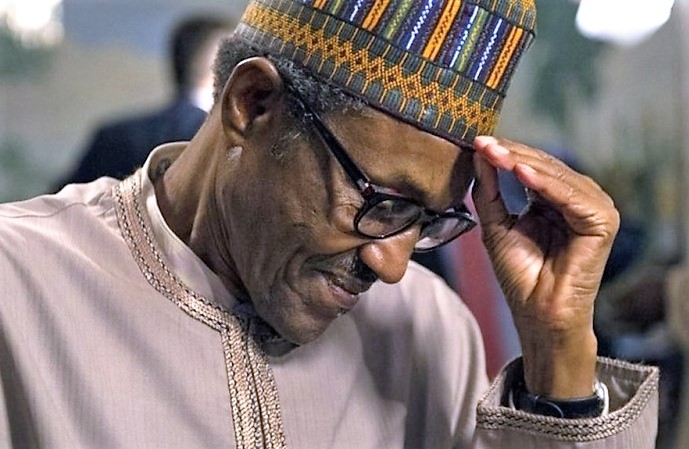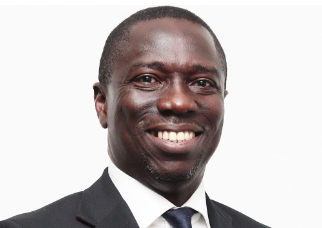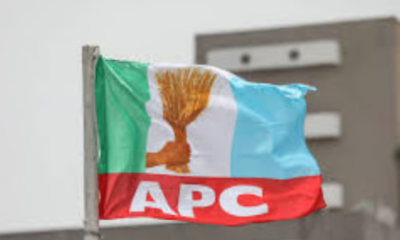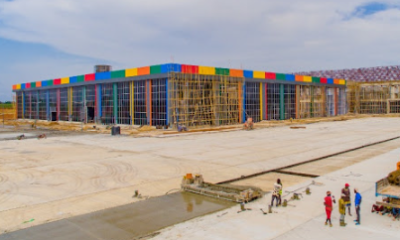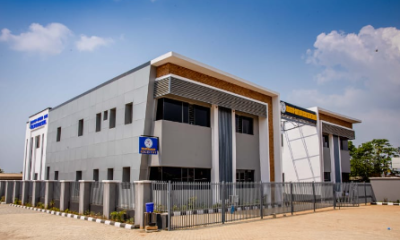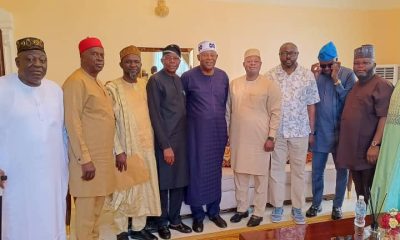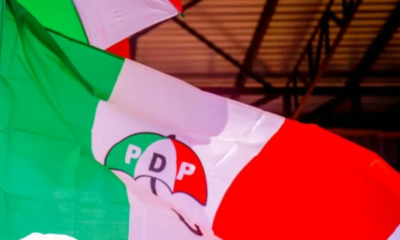Cracks are already emerging in the Federal cabinet of President Muhammadu Buhari as well as the ruling All Progressives Congress (APC) over his 2019 ambition, National Daily has gathered.
Statement credited to Women Affairs Minister Aisha Alhassan where she declared support for former Vice President Atiku Abubakar to become President in 2019 has further widen the gulf within the ruling party.
So far, no politician in the party has publicly indicated their intention to run, although several, including Abubakar and Saraki, have tried in the past.
It’s an open rebellion; it’s an indication that many do not believe he will run in 2019,” said Cheta Nwanze, an analyst at Lagos-based advisory company SBM Intelligence. “It’s also an indication that even if he does run they don’t think he has the political machinery to pull off a return.”
Alhassan is probably not the only member of Buhari’s government seeking political realignment, according to Nwanze.
“There are people making overtures to the Saraki camp and there are people trying to pitch their tent back in the Tinubu camp,” he said. “The APC has fractured into many groups.”
Abubakar, the 70-year-old former vice president, and Senate President Bukola Saraki, led a faction of the former ruling party into the coalition. Also part was Bola Tinubu, a former governor of Lagos, the commercial capital, who brought the vital block vote of the Yoruba people, one of the country’s biggest ethnic groups, to the APC.
ALSO SEE: What APC official response to Alhassan remark on Buhari second term means for 2019
“The APC has not been able to transform from a coalition of interest groups that formed a merger to a party,” said Idayat Hassan, executive director of the Abuja-based Centre for Democracy and Development. “This doesn’t bode well for the party ahead of the 2019 elections.”
Femi Adesina, a presidency spokesman, declined to comment when contacted for a response. Alhassan didn’t answer two calls to her mobile phone nor respond to a message requesting comment. Abubakar’s spokesman, Paul Obi, declined to comment when contacted by phone.
Buhari won the presidency of Africa’s biggest oil producer two years ago by building a coalition that included disaffected members of the former ruling People’s Democratic Party and three other opposition groups.
A plunge in revenue caused by lower output and prices for oil, the country’s main export, saw the economy suffer its worst slump in 25 years and undermined Buhari’s ability to meet his campaign promises, such as rebuilding infrastructure and revitalizing the power industry and strengthening the naira.

 Entertainment5 days ago
Entertainment5 days ago
 Health1 week ago
Health1 week ago
 Health4 days ago
Health4 days ago
 Football1 week ago
Football1 week ago
 Football1 week ago
Football1 week ago
 Crime4 days ago
Crime4 days ago
 Education6 days ago
Education6 days ago
 Crime1 week ago
Crime1 week ago
